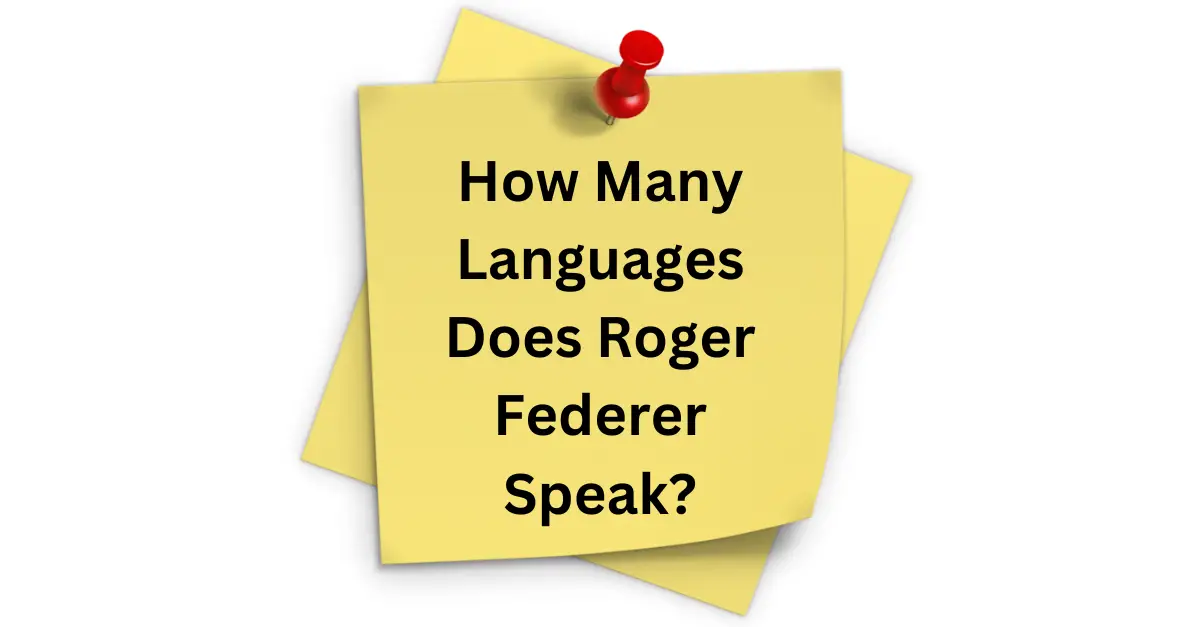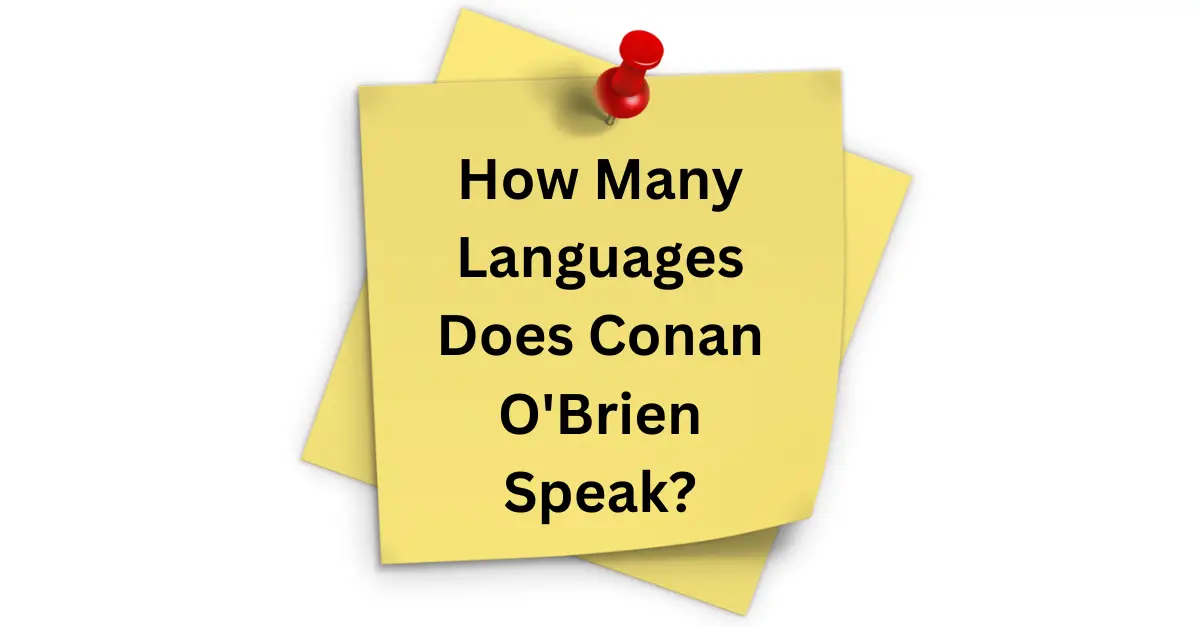Celebrate Mother’s Day and Father’s Day in a unique way by learning how to say these special greetings in Hawaiian! This article is part of a broader series on languages, aiming to educate and inspire language learners of all levels. Whether you’re a beginner or intermediate learner, this article provides a fun and practical insight into the Hawaiian language and its cultural elements. Discover how to say “Happy Mother’s Day” and “Happy Father’s Day” in Hawaiian, and impress your loved ones with your newfound language skills.
Introduction
In Hawaii, a vibrant and culturally rich state in the United States, celebrating Mother’s Day and Father’s Day goes beyond the conventional practices found elsewhere. With its unique traditions and language, Hawaiian celebrations of these special days provide a fascinating glimpse into the local culture. In this article, we will explore the origins of Mother’s Day and Father’s Day, learn how these holidays are celebrated in Hawaiian culture, discover key phrases and greetings in the Hawaiian language, and discuss the cultural significance of honoring maternal and paternal figures. Additionally, we will examine the potential for incorporating the Hawaiian language into international celebrations, promoting linguistic diversity around the world.
Background on Mother’s Day and Father’s Day
Origin of Mother’s Day
Mother’s Day, a holiday celebrated worldwide to honor mothers and motherhood, has its origins in ancient Greek and Roman festivals dedicated to maternal goddesses. However, the modern observance of Mother’s Day can be traced back to the early 20th century in the United States. It was established as an official holiday in 1914 by President Woodrow Wilson, following the efforts of Anna Jarvis, who wanted to honor her own mother and all mothers for their tireless dedication.
Origin of Father’s Day
Father’s Day, a day dedicated to honoring fathers and fatherhood, has a more recent origin compared to Mother’s Day. It is believed to have been inspired by the efforts of Sonora Smart Dodd, a woman from Spokane, Washington. Dodd, who wanted to show appreciation for her father who raised her and her siblings after their mother’s death, proposed the idea of Father’s Day in 1909. The holiday gained popularity over the years and was officially recognized in the United States in 1972.
Mother’s Day in Hawaiian
Translation of ‘Mother’s Day’ in Hawaiian
In Hawaiian, Mother’s Day is translated as “Lā Makuahine.” The word “Lā” means “day,” while “Makuahine” refers to “mother.” When combined, the phrase “Lā Makuahine” captures the essence of honoring and celebrating mothers in the Hawaiian culture.
Traditional Hawaiian customs and celebrations for Mother’s Day
In Hawaii, the celebration of Mother’s Day goes beyond traditional gifts and flowers. Hawaiian customs emphasize the importance of family and the role of motherhood in the community. The day is often marked by organizing special family gatherings, preparing feasts, and engaging in outdoor activities. Families may spend the day at the beach, enjoying the beautiful Hawaiian scenery and indulging in traditional Hawaiian delicacies. Mothers are showered with affection, love, and appreciation, reflecting the deep respect and admiration for maternal figures in Hawaiian society.
| Hawaiian | Translation |
|---|---|
| Hauʻoli Lā Makuahine, e kuʻu makuahine aloha! | Happy Mother’s Day, my beloved mother! |
| Aloha nui iā ʻoe, e kuʻu makuakāne. | Much love to you, my father. |
| Mahalo nui iā ʻoe, e kuʻu makuahine. | Thank you very much, my mother. |
| E hānai iā kāua a mau loa aku. | Nurture us forever. |
| Hauʻoli Lā Makuakāne, e kuʻu makuakāne hoʻokahi! | Happy Father’s Day, my one and only father! |
Father’s Day in Hawaiian
Translation of ‘Father’s Day’ in Hawaiian
Father’s Day in Hawaiian is translated as “Lā Makuakāne.” Similar to “Lā Makuahine,” the word “Lā” denotes “day,” while “Makuakāne” represents “father.” This phrase encapsulates the spirit of honoring and cherishing fathers within the Hawaiian culture.
Traditional Hawaiian customs and celebrations for Father’s Day
Father’s Day in Hawaii is a time to honor and appreciate the important role that fathers play in families and communities. Traditional celebrations often involve outdoor activities such as fishing, hiking, or enjoying a day at the park. Additionally, families may come together to cook special meals for fathers, showcasing their culinary skills and the diverse flavors of the Hawaiian cuisine. Through these activities, fathers are recognized, celebrated, and thanked for their guidance, protection, and love.
Celebrating Mother’s Day and Father’s Day in Hawaii
Common traditions and activities
When celebrating Mother’s Day and Father’s Day in Hawaii, families often engage in shared traditions and activities. These may include preparing feasts with traditional Hawaiian foods, such as kalua pig (slow-cooked pork) and poke (raw fish salad). The whole family comes together to enjoy these meals, expressing gratitude and appreciation for their parents. Outdoor activities like swimming, surfing, and hiking are also popular choices, allowing families to cherish the beauty of nature. Gift-giving is an important aspect as well, with children presenting handmade crafts, personalized cards, or thoughtful tokens to their parents.
Gift ideas in Hawaiian culture
In Hawaiian culture, meaningful gifts often incorporate elements of nature and Hawaiian craftsmanship. Consider gifting a handcrafted lei, made using fresh flowers or intricate shell designs. These leis symbolize love, respect, and appreciation. Another thoughtful gift idea is a piece of Hawaiian jewelry, such as a pendant or bracelet adorned with traditional Hawaiian symbols, like the honu (turtle) or the maile leaf. These gifts not only embody the rich Hawaiian culture but also serve as lasting reminders of the special bond between a parent and child.
Key Phrases for Mother’s Day and Father’s Day in Hawaiian
Phrases for expressing love and appreciation
When celebrating Mother’s Day and Father’s Day in Hawaii, it is customary to express love and appreciation through heartfelt phrases in the Hawaiian language. Here are a few key phrases that can be used:
- “Mahalo nui iā ‘oe, e ku’u makuahine.” (Thank you very much, my mother.)
- “Aloha nui iā ‘oe, e ku’u makuakāne.” (Much love to you, my father.)
- “E hānai iā kāua a mau loa aku.” (Nurture us forever.)
By incorporating these phrases, you can enhance the Hawaiian cultural experience and convey your deep affection for your parents.
Greeting cards and messages in Hawaiian
When creating greeting cards or writing messages for Mother’s Day and Father’s Day in Hawaii, using the Hawaiian language adds a personal touch. Here are a few examples of greetings:
- “Hau’oli Lā Makuahine, e ku’u makuahine aloha!” (Happy Mother’s Day, my beloved mother!)
- “Hau’oli Lā Makuakāne, e ku’u makuakāne ho’okahi!” (Happy Father’s Day, my one and only father!)
By incorporating Hawaiian greetings into your cards or messages, you demonstrate not only your love and appreciation but also your interest in the Hawaiian culture.
Cultural Significance
Importance of maternal and paternal figures in Hawaiian culture
In Hawaiian culture, mothers (makuahine) and fathers (makuakāne) hold significant roles as pillars of the family and community. They are respected for their wisdom, guidance, and nurturing qualities. Honoring these figures through Mother’s Day and Father’s Day celebrations allows the Hawaiian people to express sincere gratitude for the invaluable contributions made by their parents. It is a way of acknowledging their love, sacrifices, and commitment to raising future generations.
Honoring ancestors and heritage on these special days
Beyond celebrating individual parents, Mother’s Day and Father’s Day in Hawaii also serve as an opportunity to honor and remember ancestors. In Hawaiian culture, ancestors hold a special place and are considered a source of strength and wisdom. These holidays provide a time for families to pay homage to their ancestors, recognizing and appreciating the cultural heritage passed down through generations. By celebrating Mother’s Day and Father’s Day, Hawaiian families maintain a strong connection to their roots and reinforce their cultural identity.
Incorporating Hawaiian Language into International Celebrations
Promotion of linguistic diversity
In a world that celebrates linguistic diversity, incorporating the Hawaiian language into international celebrations helps preserve and promote this unique cultural heritage. By acknowledging and learning phrases in the Hawaiian language, individuals from around the globe can contribute to the preservation of this endangered language. Additionally, encouraging the use of Hawaiian greetings and expressions during Mother’s Day and Father’s Day celebrations fosters cross-cultural understanding, appreciation, and respect.
Ways to incorporate Hawaiian language in global celebrations
To incorporate the Hawaiian language in global Mother’s Day and Father’s Day celebrations, individuals can explore various avenues. Some ways to promote linguistic diversity include:
- Language Learning: Engaging in language learning activities through online platforms or language classes can help individuals gain a basic understanding of the Hawaiian language. Learning simple greetings, expressions, and phrases will enable individuals to express their love and appreciation in a uniquely Hawaiian way.
- Cultural Exchange: Organizing events or gatherings that promote cultural exchange can be an effective way to incorporate the Hawaiian language into international celebrations. Encouraging participants to use Hawaiian greetings and phrases at these events allows for the sharing of cultural practices and the preservation of linguistic diversity.
- Multilingual Greeting Cards: Designing multilingual greeting cards that include Hawaiian expressions along with translations in other languages can be a beautiful way to promote linguistic diversity. These cards can be shared with loved ones, enabling individuals to celebrate Mother’s Day and Father’s Day across cultures.
By actively incorporating the Hawaiian language into international celebrations, individuals can contribute to the preservation and promotion of linguistic diversity, fostering a deeper global understanding and appreciation of Hawaiian culture.
See Also: Happy Mothers Day Fathers Day In Albanian
Conclusion
Mother’s Day and Father’s Day hold special significance in Hawaiian culture, providing a unique glimpse into the rich heritage and traditions of the islands. Celebrating these holidays in Hawaii involves embracing Hawaiian customs, expressing love and gratitude through the Hawaiian language, and honoring the importance of maternal and paternal figures. By sharing in these celebrations and incorporating the Hawaiian language into international festivities, individuals can foster a deeper appreciation for linguistic diversity while paying homage to the Hawaiian culture and heritage.




